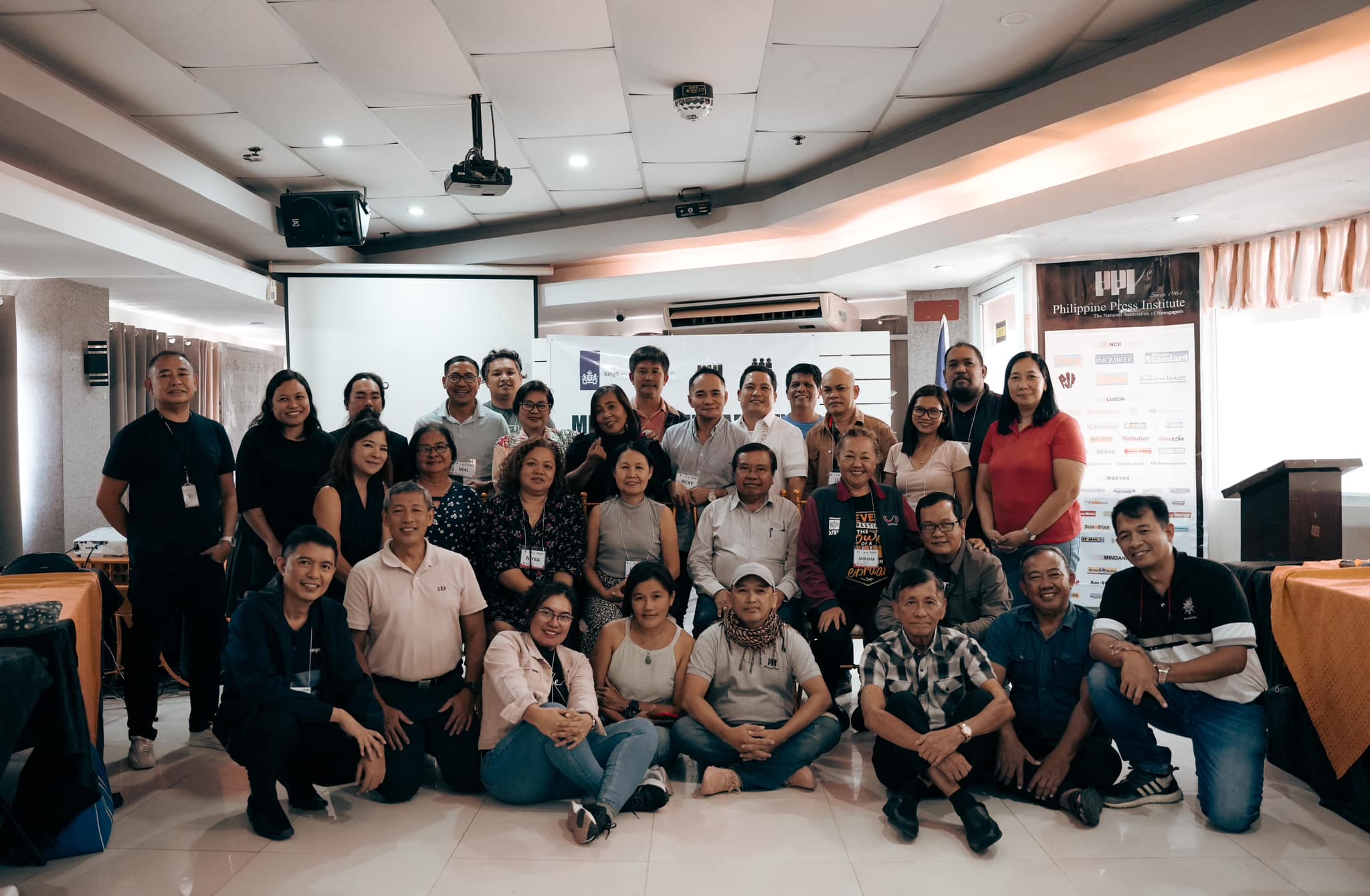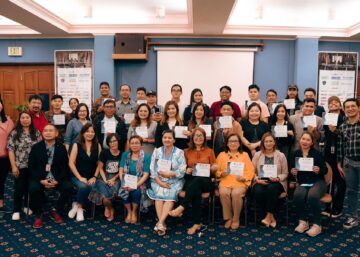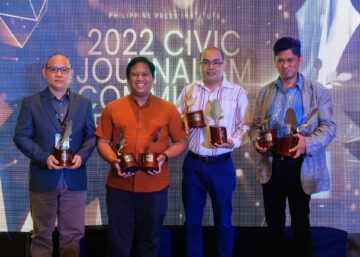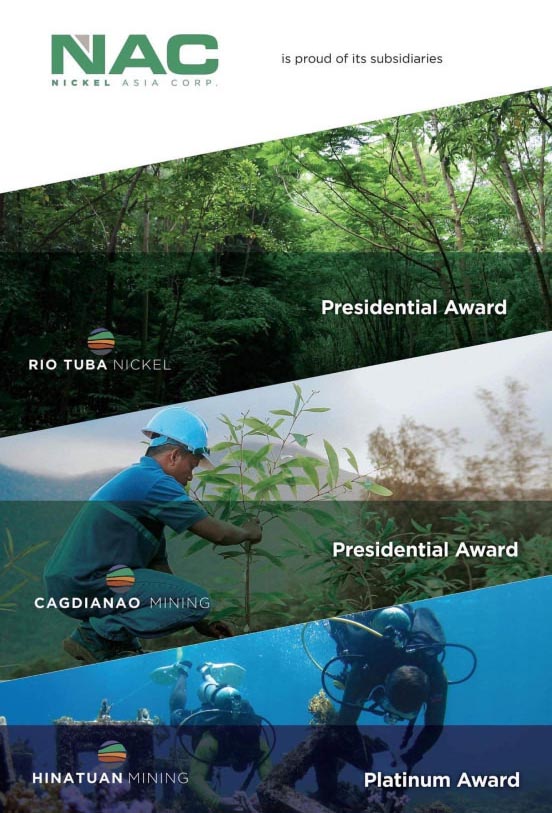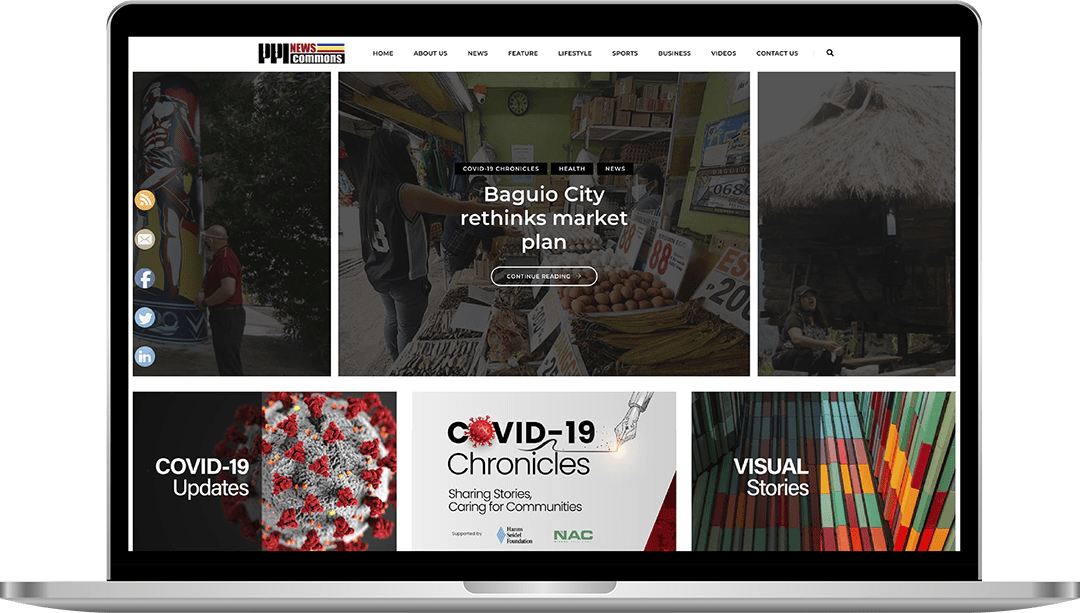The Philippine Press Institute (PPI), also known as the National Association of Newspapers and considered the oldest media organization in the country, has been instrumental in the creation of media or press councils in some parts of the country since 2022.
There are now six media-citizen councils that have been established in Batangas, Iloilo, Davao, Central Luzon, Aklan, and Leyte-Samar. The first three were conceived and virtually launched during the pandemic on August 19, 2022. The last three were created immediately after a three-legged orientation and workshop in 2023.
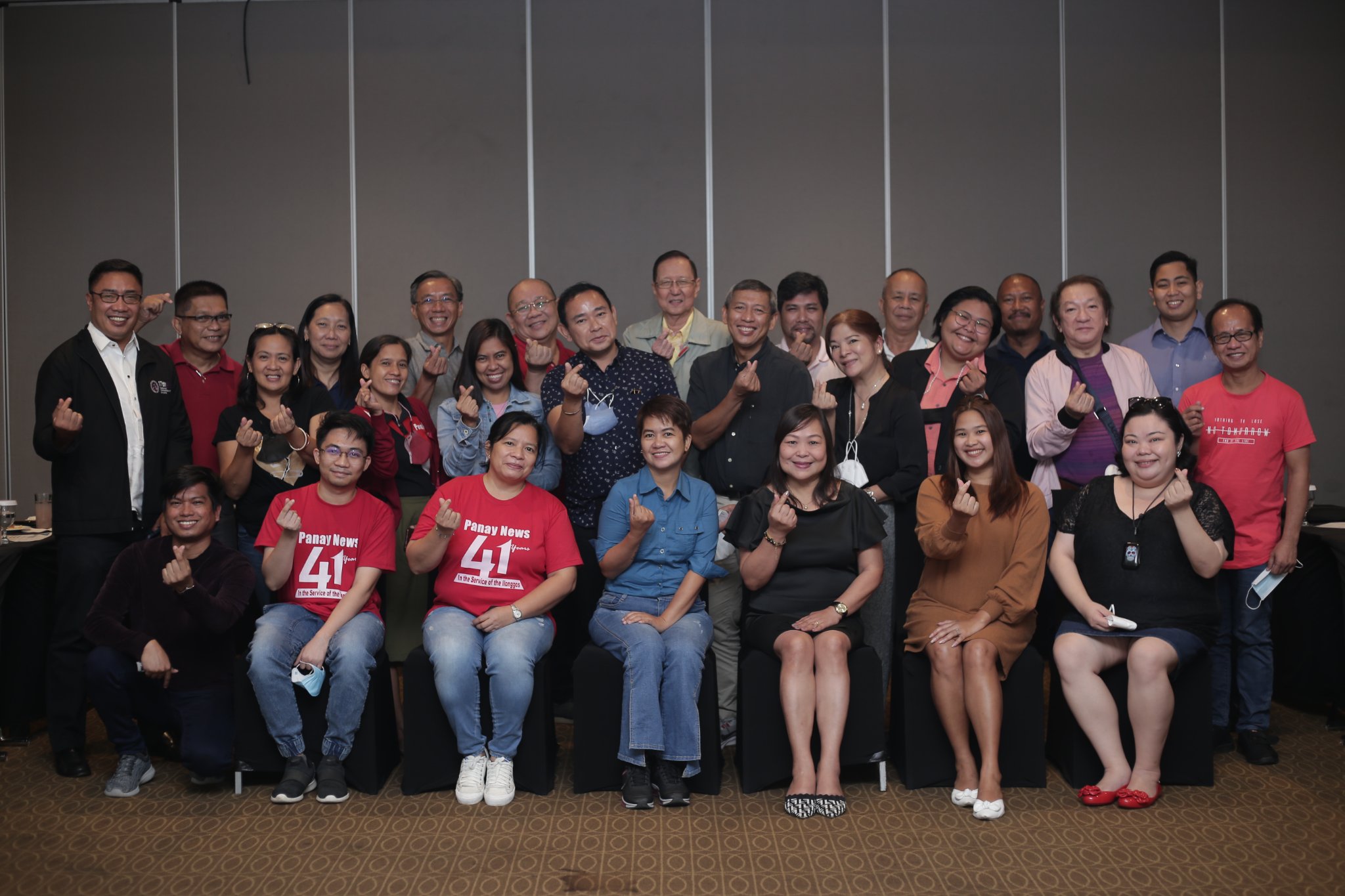
Iloilo Media-Citizens Council. Photo by Kier Labrador
The establishment of press councils outside Metro Manila has long been in the bag of the PPI. It is long overdue. In fact, the PPI and its partner then, The Coca-Cola FEMSA, invested on and tried creating press councils in the cities of Davao, General Santos, Angeles, and Bacolod. This did not progress due to lack of resources and haphazard commitment.
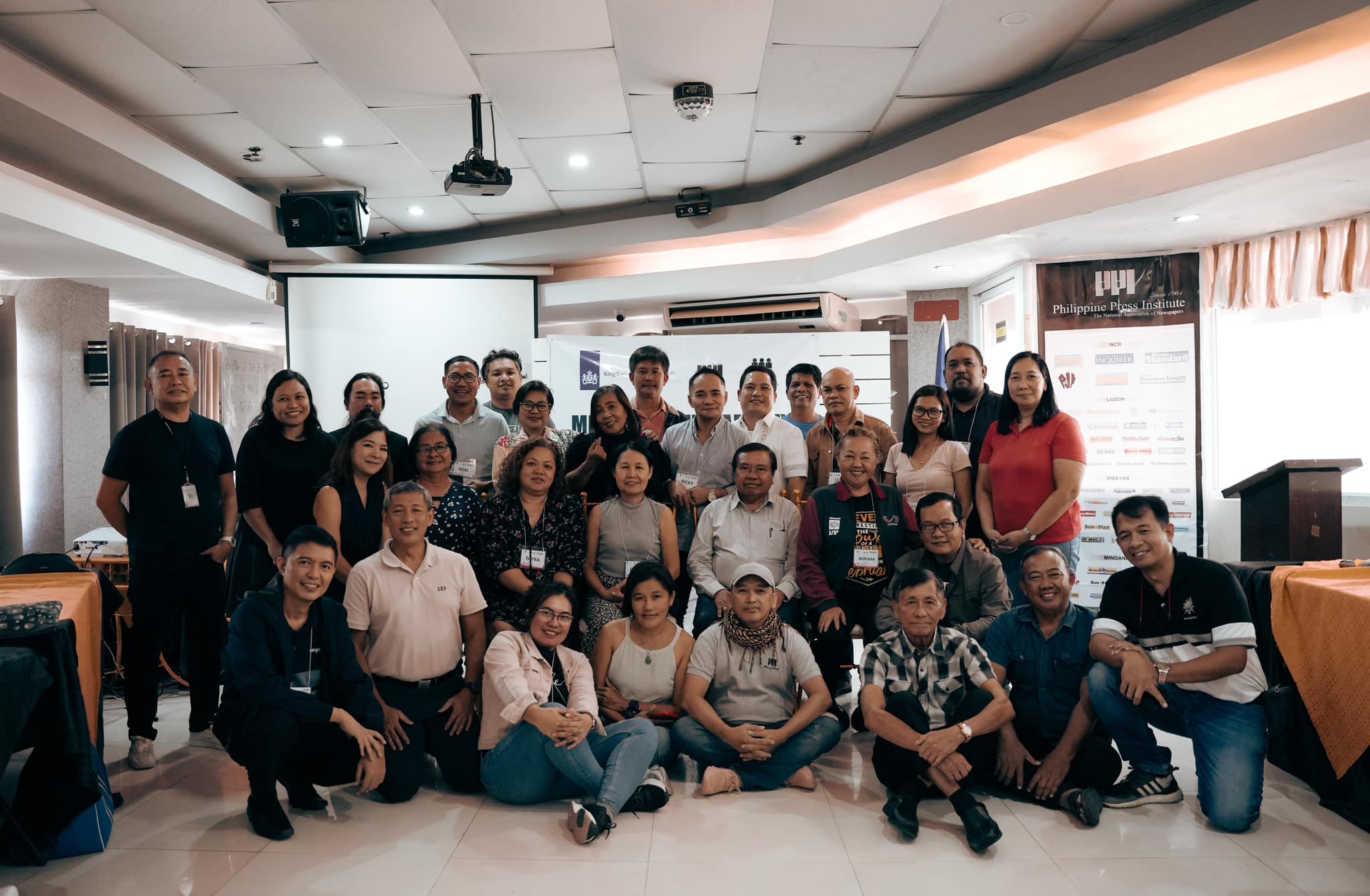
Leyte-Samar Media Citizen Council. Photo by Kier Labrador
The first press council in the Philippines was created by virtue of Republic Act No. 4363 enacted on June 19, 1965. It was said to have been abolished with the proclamation of Martial Law in 1972.
Since its revival in 1993, the Philippine Press Council founded by the Philippine Press Institute has evolved, and is now a platform to address various media issues and concerns within the community, apart from being a mechanism for Right of Reply and redress within the Philippine Press Institute. Its membership was extended to representatives from the academic, business and legal sectors. With the establishment of a contemporary media-citizen council since 2022, its composition has expanded to include other sectors such as medical professionals, LGBTQIA+, vloggers, LGUs, military, police, an electric cooperative in the case of the Leyte-Samar Media-Citizen Council which saw the need to have a regional council and invite a wide array of non-media sectors crucial to demographic inclusivity.
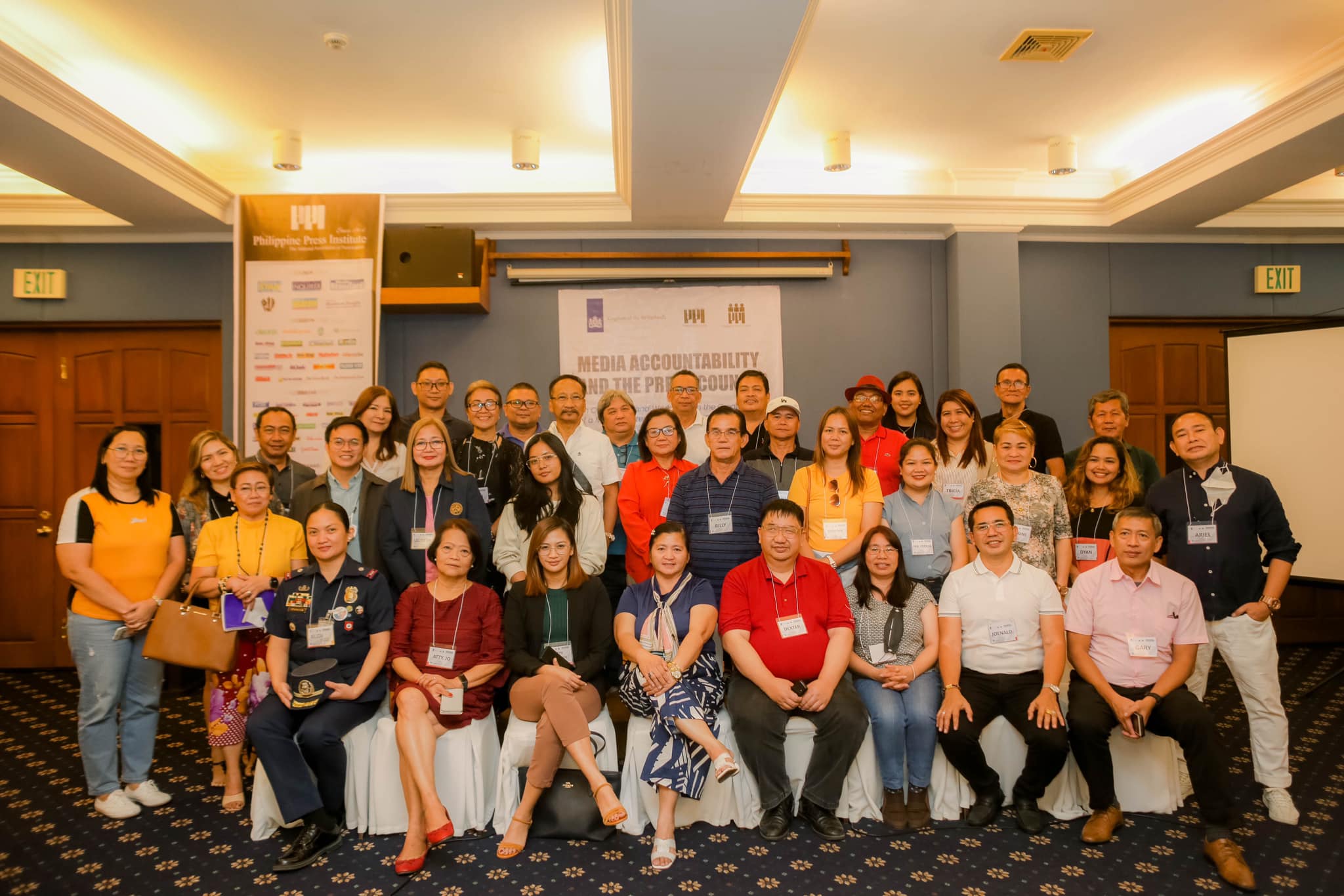
Central-Luzon Media-Citizen Council
“Each Council is unique in that sense. The sectoral representatives in (a) Council Board vary from one council to another, as so vetted by a core group who initially decides on the membership composition and structure, before they could even elect their officers,” says Ariel Sebellino, PPI executive director.
In 2022, the PPI with support from Hanns Seidel Foundation (HSF) organized three online regional seminars for PPI member-newspapers in Luzon on February 24, Visayas on April 11 and Mindanao on April 27 to discuss the need for a local media-citizen council as a means for accountability and media self-regulation. Representatives from the Cebu Citizens-Press Council and the Kordilyera Media-Citizen Council were invited to share their experiences on the creation of their respective councils as well as tips on sustainability.
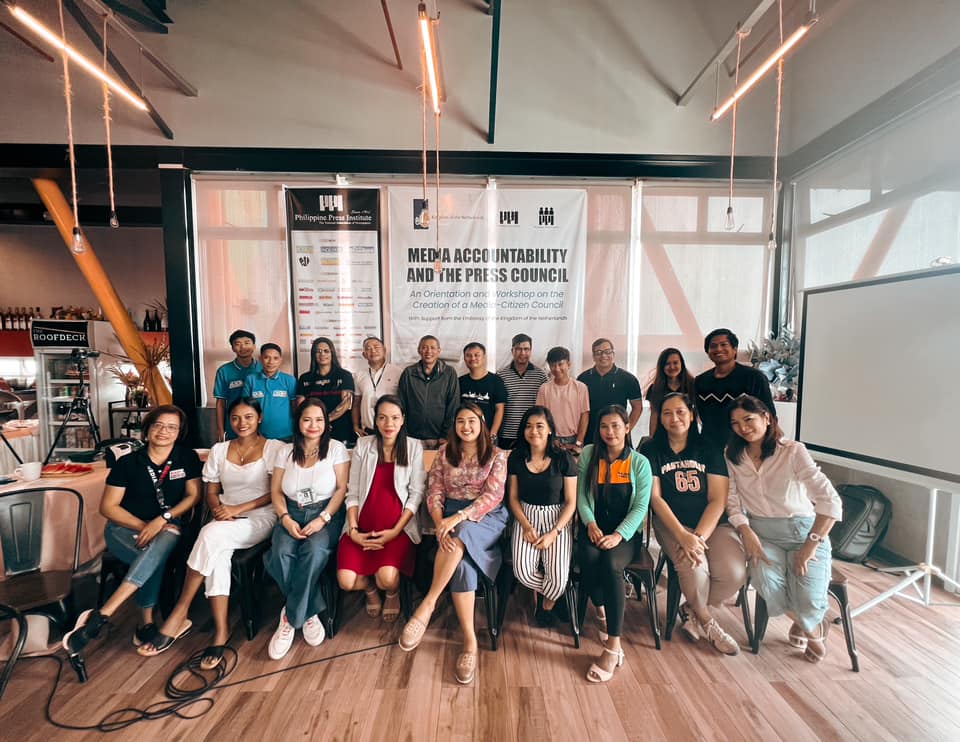
Aklan Media-Citizen Council
These were followed by hybrid activities across island-groups that were held in the cities of Batangas, Iloilo, and Davao the whole month of June of the same year. These served as gatherings for the prospective members of the local media-citizenn councils who would eventually initiate the creation of their respective councils.
On August 19, 2022, the PPI virtually launched what is known today as the Media-Citizen Councils in Batangas, Iloilo and Davao. ‘We also put emphasis on the word (Citizen) as citizens, represented by various sectors present in any Council, play a pivotal and crucial role as it carries out its mandate in the community it belongs and serves,” says PPI seminar-director Joyce Pañares. “A Council is both a shield and a sword.”
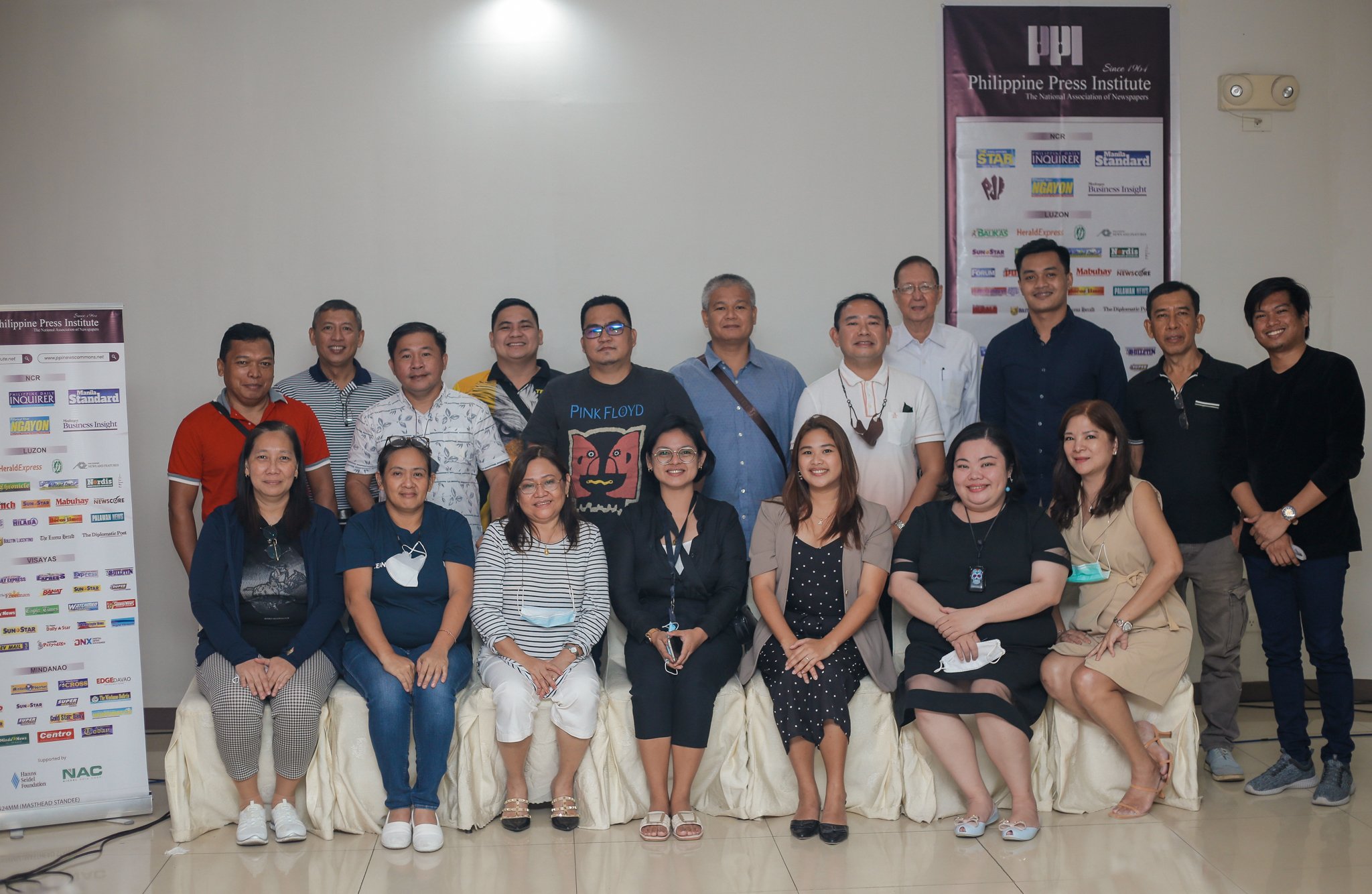
Davao Media-Citizen Council
The PPI took the warm reception on the creation of the contemporary media or press councils as a sign of growing enthusiasm and commitment amongst community journalists, media outfits and their allies in setting up a self-regulatory mechanism via an independent body, that is willing to assume responsibility and accountability of the local media .
This year with support from the Embassy of the Kingdom of the Netherlands, PPI conducted an orientation and seminar workshops for the creation of three additional media-citizen councils Central Luzon (regional), Aklan and Leyte-Samar (regional).
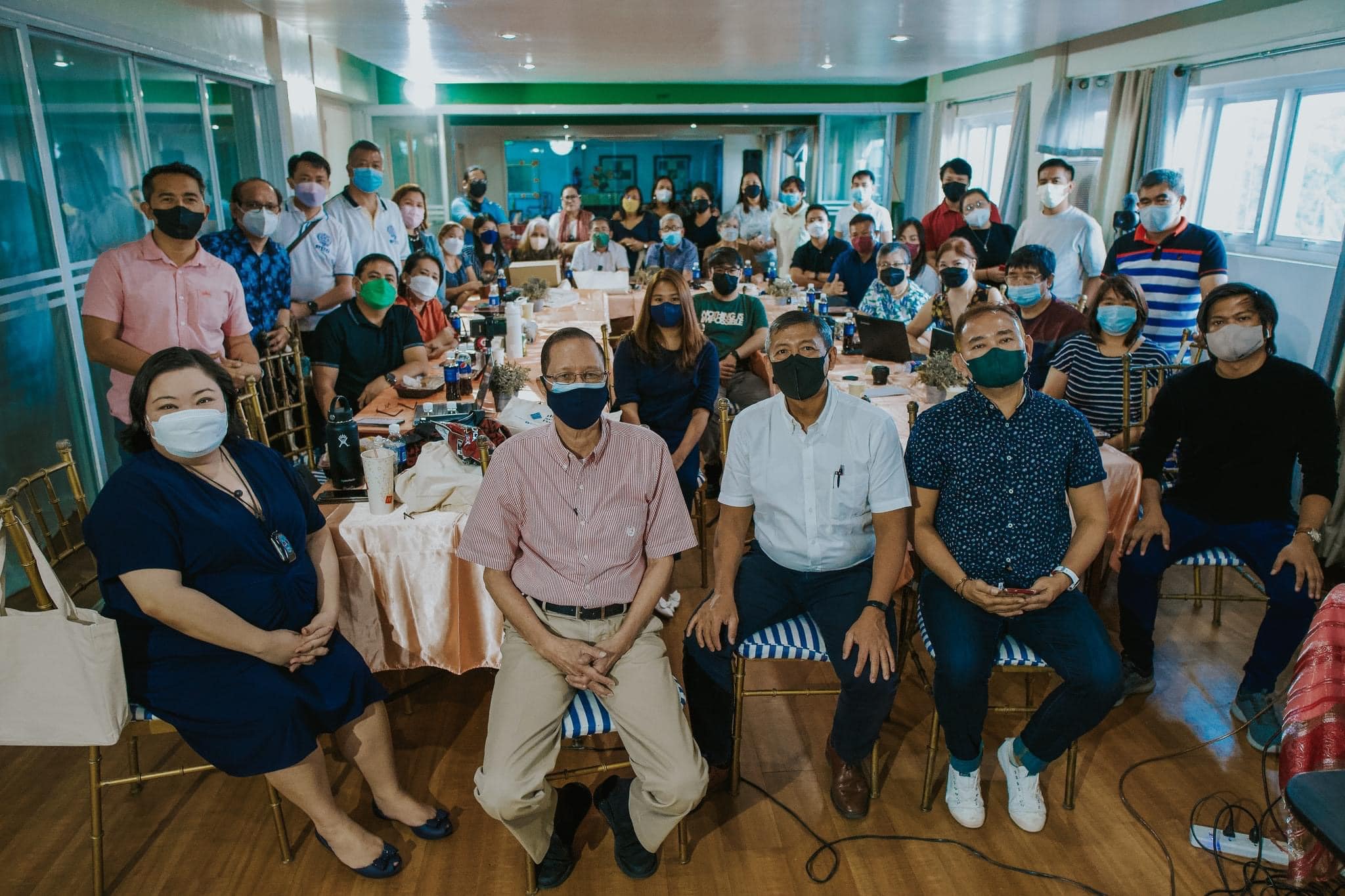
Batangas Media-Citizen Council
In the orientation and workshop in Tacloban City for the Leyte-Samar Media-Citizen Council held on August 29-30 this year, PPI Seminar Director and Manila Standard managing editor Joyce Babe Pañares, cited two reasons for PPI’s perseverance and dedication in pursuing the creation of media councils across the country: first, as a protection mechanism for media by gathering the support of its natural allies as well as providing a grievance mechanism and platform and second, is to hold media accountable. “We want to start with addressing the eroded trusts plus attacks in the form of libel case, mga cease-and-desist orders galing sa LGUs. Kung minsan mga treats against our reporters, editors and publishers, to actual killings in media,” she said.
In the same occasion, PPI executive director and head of training operations and special projects, Ariel Sebellino, explained PPI’s role and how it would give support for the establishment of media-citizen councils. “Hindi po ang PPI mag establish ng media-citizen council, kayo po, kasi you saw the need to create one and PPI is here to guide and to give the necessary support.”
With its new institutional partner, International Media Support (IMS), PPI looks forward to the creation of more media-citizen councils as it continues to be committed to — support initiatives on media self-regulation, promote quality journalism to better safeguard media freedom and accountability and news subject’s right to reply, and give the public free, truthful and timely information.
In the offing is the establishment of media-citizen councils in Surigao, General Santos and Bangsamoro Autonomous Region in Muslim Mindanao (BARMM) through the support from IMS. (Rissa Silvestre, PPI)
